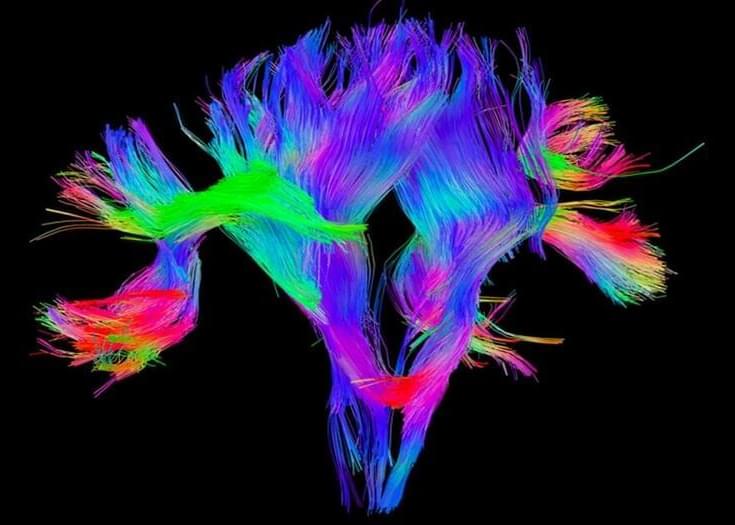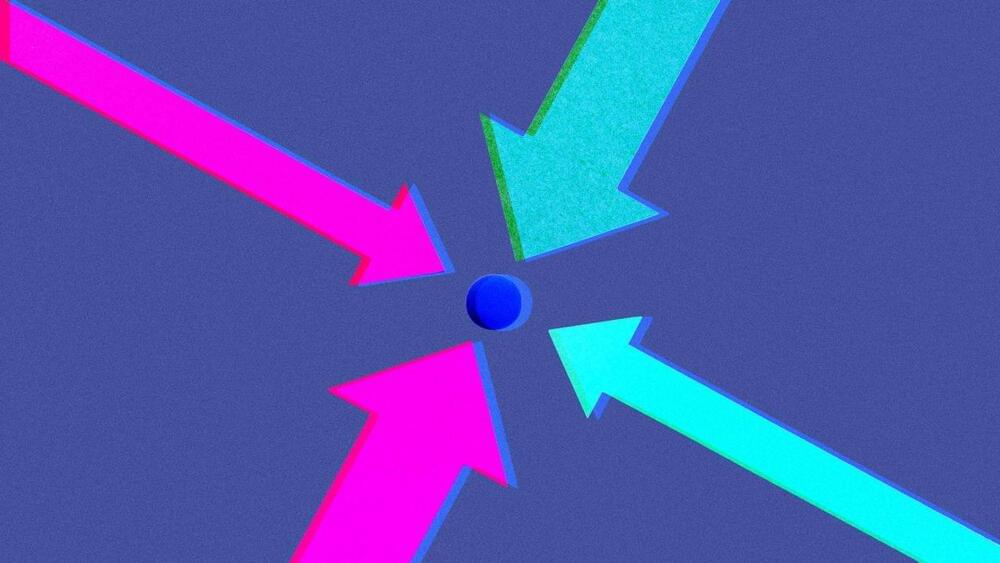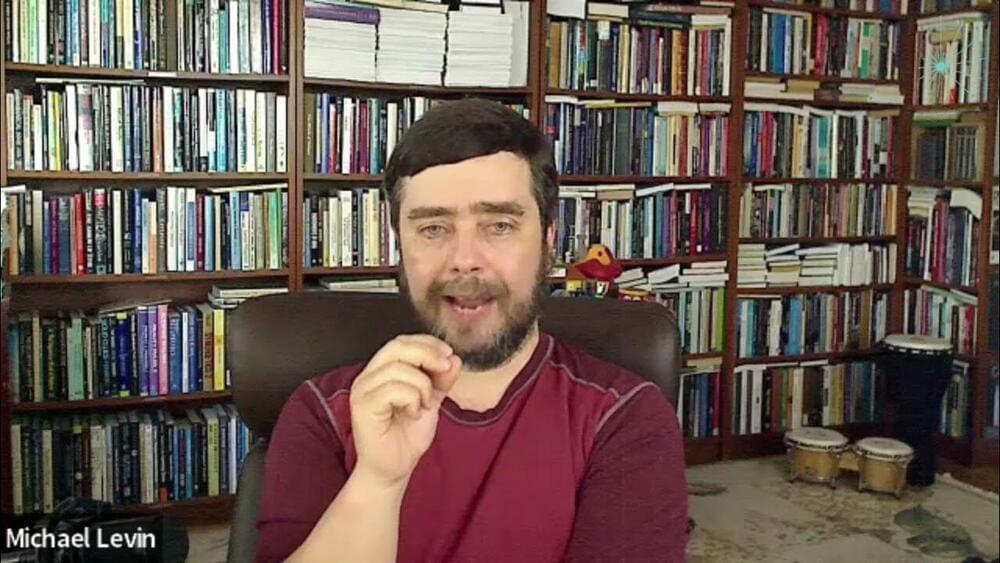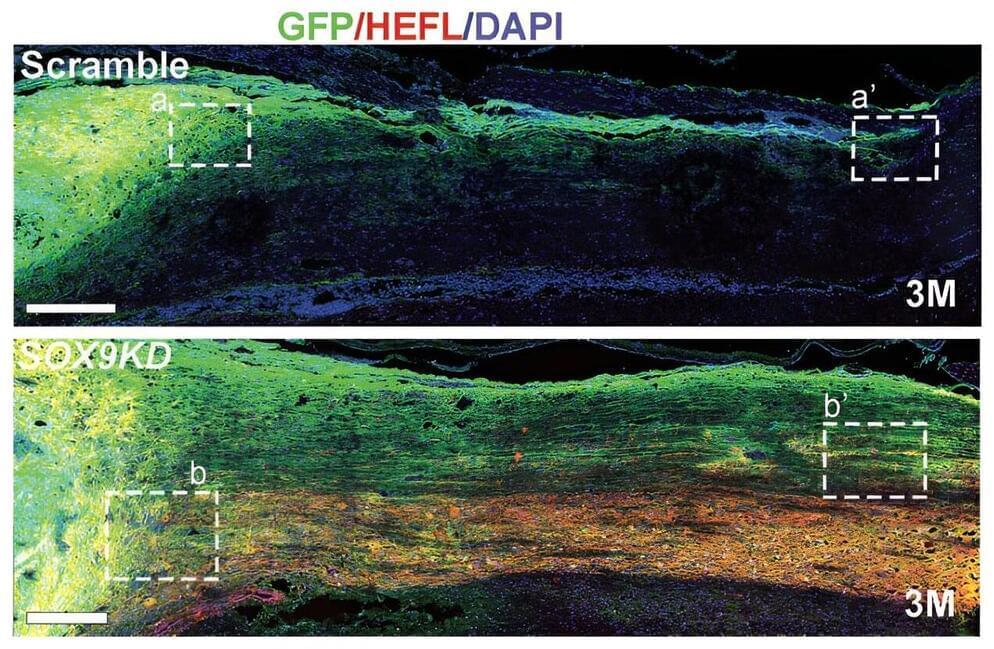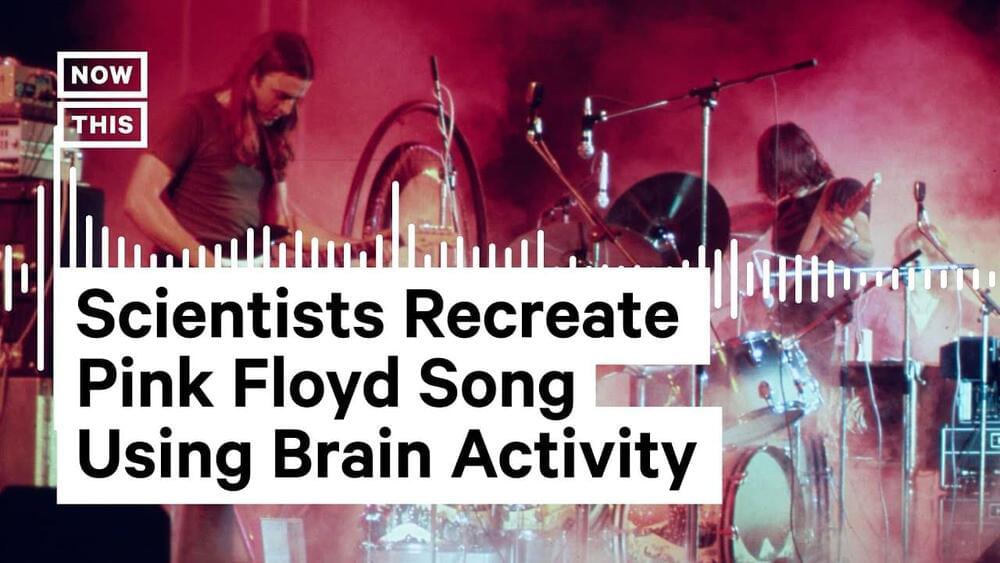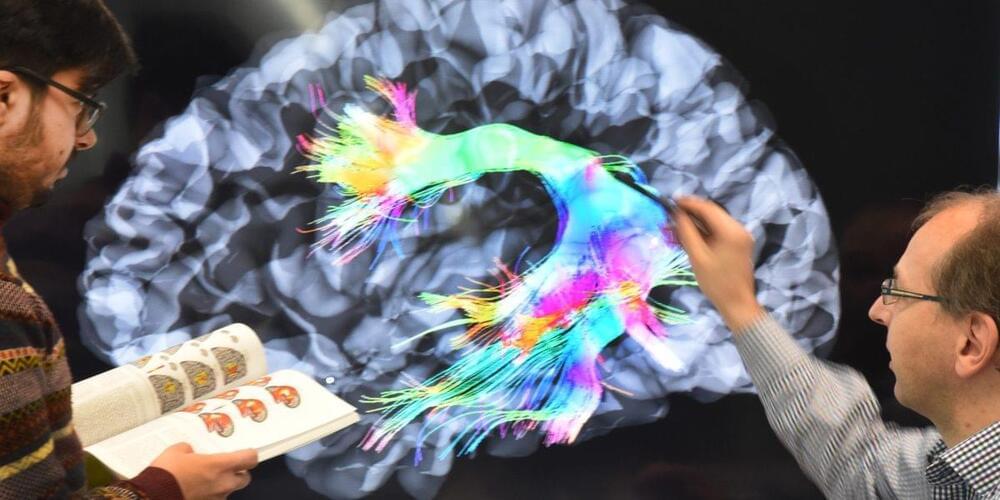Aug 17, 2023
Neuroscience research triggers revision of a leading theory of consciousness
Posted by Dan Breeden in category: neuroscience
Exactly how, and how much, the unconscious processing of information influences our behavior has always been one of the most controversial questions in psychology. In the early 20th century, Sigmund Freud popularized the idea that our behaviors are driven by thoughts, feelings, and memories hidden deep within the unconscious mind — an idea that became hugely popular, but that was eventually dismissed as unscientific.
Modern neuroscience tells us that we are completely unaware of most brain activity, but that unconscious processing does indeed influence behavior; nevertheless, certain effects, such as unconscious semantic “priming,” have been called into question, leading some to conclude that the extent of unconscious processing is limited.
A recent brain scanning study now shows that unconsciously processed visual information is distributed to a wider network of brain regions involved in higher-order cognitive tasks. The results contribute to the debate over the extent to which unconscious information processing influence the brain and behavior and led the authors of the study to revise one of the leading theories of consciousness.
